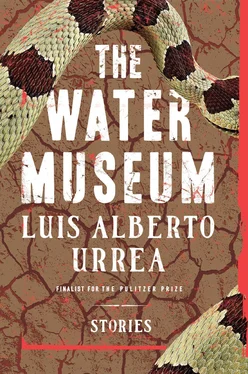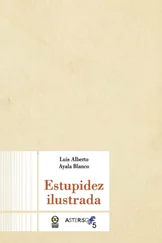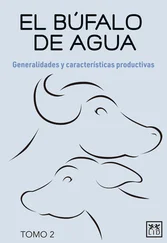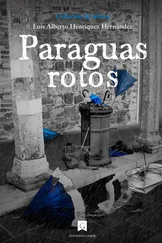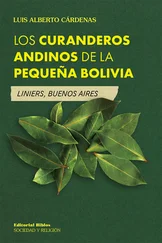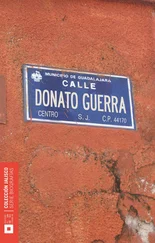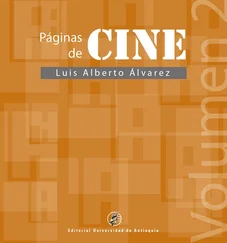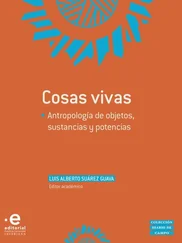Thirteen. Bid Farewell to Her Many Horses
The Indians weren’t talking to me. At Gabe’s food store, they looked away when I bought a soda. There were three of them in there, plus Gabe’s wife. Just to tweak them, I popped the lid right there and chugged it. Obviously, word had gotten around the res. They knew why I’d come, but they didn’t know what to think of it. I felt bad enough. Their anger only made it worse.
Out in the light, I felt eyes watching me. The perfect smell of South Dakota was all over the street — I could fly in that air, fat with miles of prairie and storm clouds rushing from Nebraska to Iowa. I hunched up my shoulders. White boys visiting Pine Ridge can’t help but remember all those cowboy movies. You listen for a whistling arrow, prepare for the mortal thwack when the shaft nails you between the shoulder blades. Well, at least this white boy does. I probably had it coming.
I’d married one of the local girls. Her family didn’t want her to marry me. They didn’t want her to marry a white guy, but we were wild for each other. We ran off to Deadwood, to a small chapel near the casinos. The minister was a Brulé Sioux. She was Oglala. We took our honeymoon in the Black Hills — Paha Sapa, she told me, the center of the world. We stayed in a small hotel below Mount Rushmore. We bought those T-shirts that show four huge bare asses and say: Rear View Mt. Rushmore. We laughed. Everything was funny.
Then the usual tough years. We went to California, both of us trying college. She tried writing to her family, but they were fighting mad. Our few visits back to the reservation were grim. I thought I was lonesome, but what happened to her heart out in California was a terror to see. I’d catch her staring up at the rattling palm trees sometimes, this look of sorrow on her face that almost seemed like rapture.
And she couldn’t get out of the bottle. They blamed me. I started to believe it, too. I’d fooled her away from people, her world. Empty bottles, hidden at first beneath the sink, behind the apartment, clanked in the trash basket. She was quiet, as old-time Indian women are, and she wore a long braid in the old way. When she crashed the car, they say the braid was caught in the glass of the window. I don’t know — I couldn’t bear to look at the body. I sent her home on a train. It took me two days to drive out after her, and now I was burying my wife in the little graveyard near Our Lady of the Sioux. The headstone was already made. It said: JONI HER MANY HORSES. DAUGHTER, SISTER. WE WILL MISS YOU. 1960–1990. They left my name off entirely.
* * *
Don Her Many Horses was Joni’s oldest brother. Back in high school, when our teams played the Indians from Red Cloud, Don was a monster on the basketball courts. The way things were in those days, though, Indian boys didn’t get too many victories. Even when they won. It was easy — the refs called them foul, or ejected them from the games for the least infraction. If they did win, they’d get their asses kicked after the game if we could find them … if there were more of us than them.
I made the mistake once of cracking wise to Don on the court. After one spectacular drive to the basket — when Don seemed to be floating over our heads for an impossible distance, then drove the ball down through the hoop so it caught no net, just streaked and hit the floor like a rock — I sidled up to him. I did what all us whites did in those days, dreaming of ourselves in Technicolor cowboy hats, our ideas as fixed as Mount Rushmore, made sick in our hearts whenever we saw an Indian smile, certain somehow his smile took something away from our own souls.
“Hey, Chief,” I said. “You got-um heap good medicine, huh? Y—”
Bang.
I was gone from the world.
When I came to in the shower room, it was like drifting out of deep purple water flecked with chips of fire. They brushed my skin as I surfaced. A million sweaty and hysterical dudes were glaring down at me. “Bobby!” they were shouting. “Bobby!” Don Her Many Horses was in jail, charged with aggravated assault. There had been trouble with the Indian kids, both teams slugging it out on the court. Cops had come in, sticks swinging. I listened to them babbling all about it as I stood in the shower, letting the water claw into my back and scalp. My left eye was tender as cube steak, and I could tell it was turning black.
“Shit,” I said to no one in particular, “that brave sure can pack a punch!”
We all laughed and said the standard anti-Indian things you say. But I knew I was wrong. Here Don had made a spectacular play and I had gone and opened my big ignorant mouth. I don’t know that it changed my life. Maybe a little bit. I didn’t turn all religious or anything over it.
* * *
Don Her Many Horses wasn’t much interested in me at that point. He was slumped on the cot in his cell, nursing a collection of welts and eggs coming up all over his forehead. He had a rusty-bloody old rag soaked from the tin sink and held over one eye. I watched the water drops fall and hit the knee of his jeans. They shone bright for a second, then sank in, spreading a color like grape juice as the denim darkened.
“Hi,” I said.
“Fuck you, Bobby.”
I ducked my head.
“Listen,” I said. “I want to apologize for what happened.”
He looked up at me. That eye was about swollen shut.
“Apologize, huh?” he said. He smiled a little. “All right. Go ahead.”
“Sorry.”
He stared at me with his one black eye. He didn’t talk. That’s one thing that drives you crazy with the Indians. Sometimes they just don’t say anything. You don’t know if they are thinking or laughing at you or what.
“I’m …,” I said, “sorry. You know. About that wisecrack. And now you’re in jail.”
“Yeah, I can see that,” he said.
Another pause.
“You got any chew?” he said.
I dug my tin of Copenhagen out of my back pocket and tossed it to him. Those boys, when they’re not smoking, they’re chewing. The women, too. Joni always had a little plug of peppermint tobacco pinched into her lip. I gave it up after high school. Don does it to this day.
I was thinking about leaving when he spoke. “You know what?” he said. “Next time I see you, I might have to take me a scalp. I might skin you, too. Brain-tan your hide and have me a new pelt to paint my winter count on. Hang your balls from my war lance. ’Course, everybody’d have to get up real close to see ’em.”
There was nothing to say to that, so I left. I could hear his back-of-the-throat little laugh skittering around behind me as I walked down the hall. Damned Indians.
* * *
The reservation medical examiner was taking care of Joni. I couldn’t even look at the building as I drove by. I hooked south, out of Pine Ridge village, heading toward White Clay, Nebraska. A couple of the guys driving around recognized me. Yellowhorse waved, one of the Red Clouds nodded imperiously at me, raising one hand as he coasted by in his old Ford pickup. They were burning a small pile of tires outside of town; the smoke rose like a mourning veil torn by wind. It angled away, fading to a haze that reached all the way out to the edge of the Badlands. The grass looked like Marilyn Monroe’s hair. Horses swept through it like combs.
I was listening to KILI, “The Voice of the Lakota Nation.” They were playing a twenty-megaton dirge by Metallica. It was followed by some Sioux music — The Porcupine Singers. If I listened long enough, they’d probably toss in some jazz and three Johnny Cash songs. There were supposed to be announcements of Joni’s burial on there, but I never did hear any. I pulled up at the gate of the Her Many Horses spread. Don was walking a mottled gray horse in slow circles in front of their house. He ran his hand along the horse’s flank; its skin jumped at his touch. It was limping. He glanced up at me and turned back to the horse.
Читать дальше
